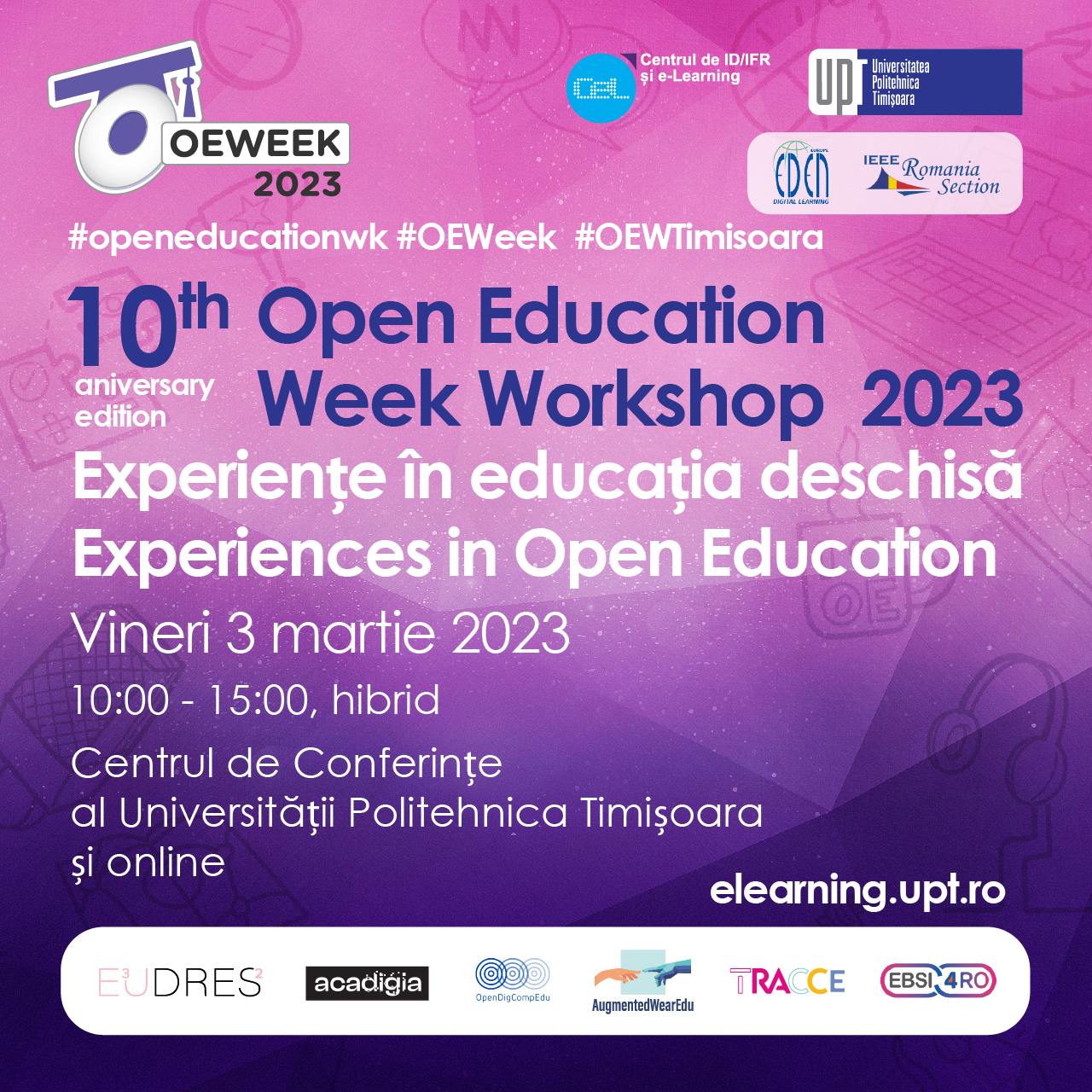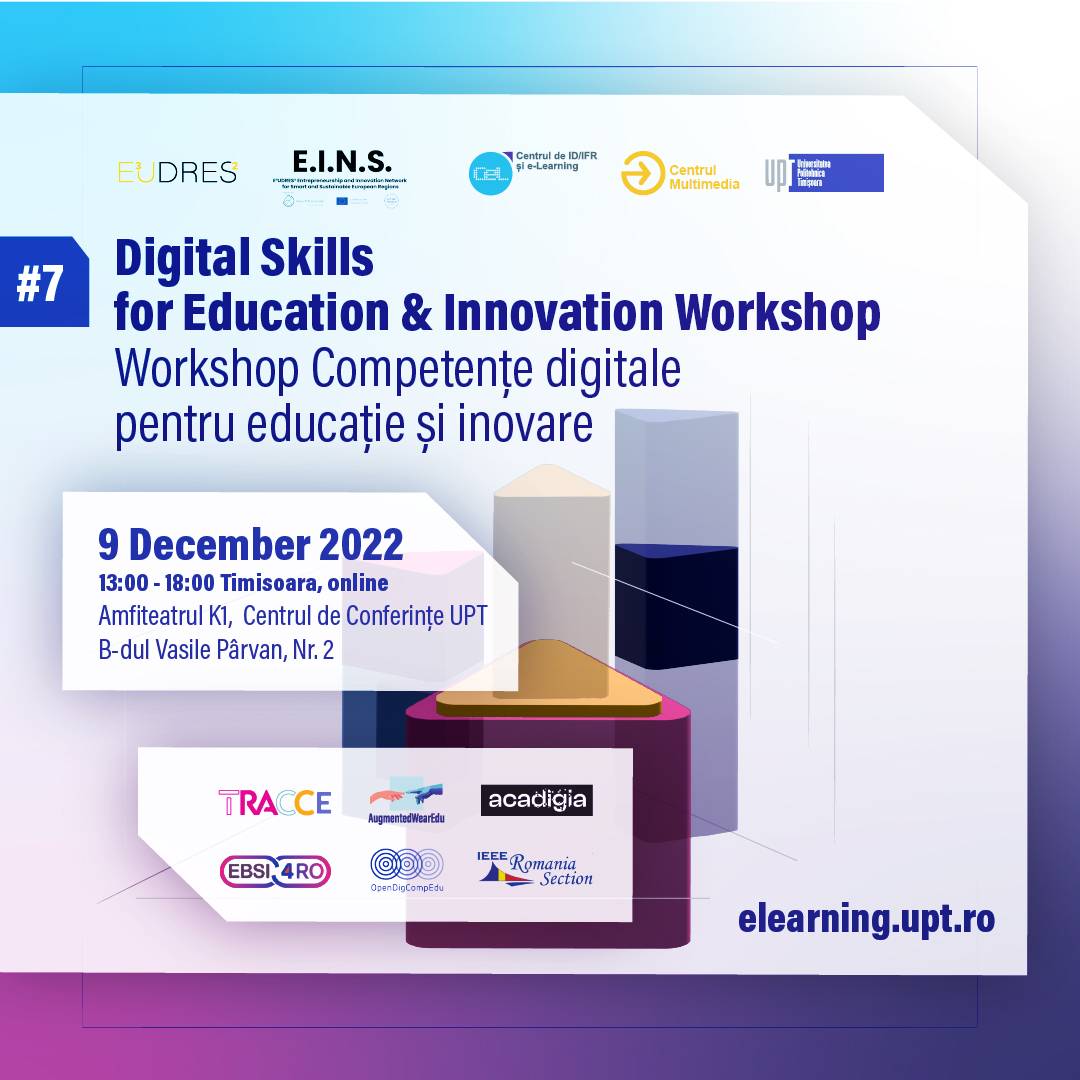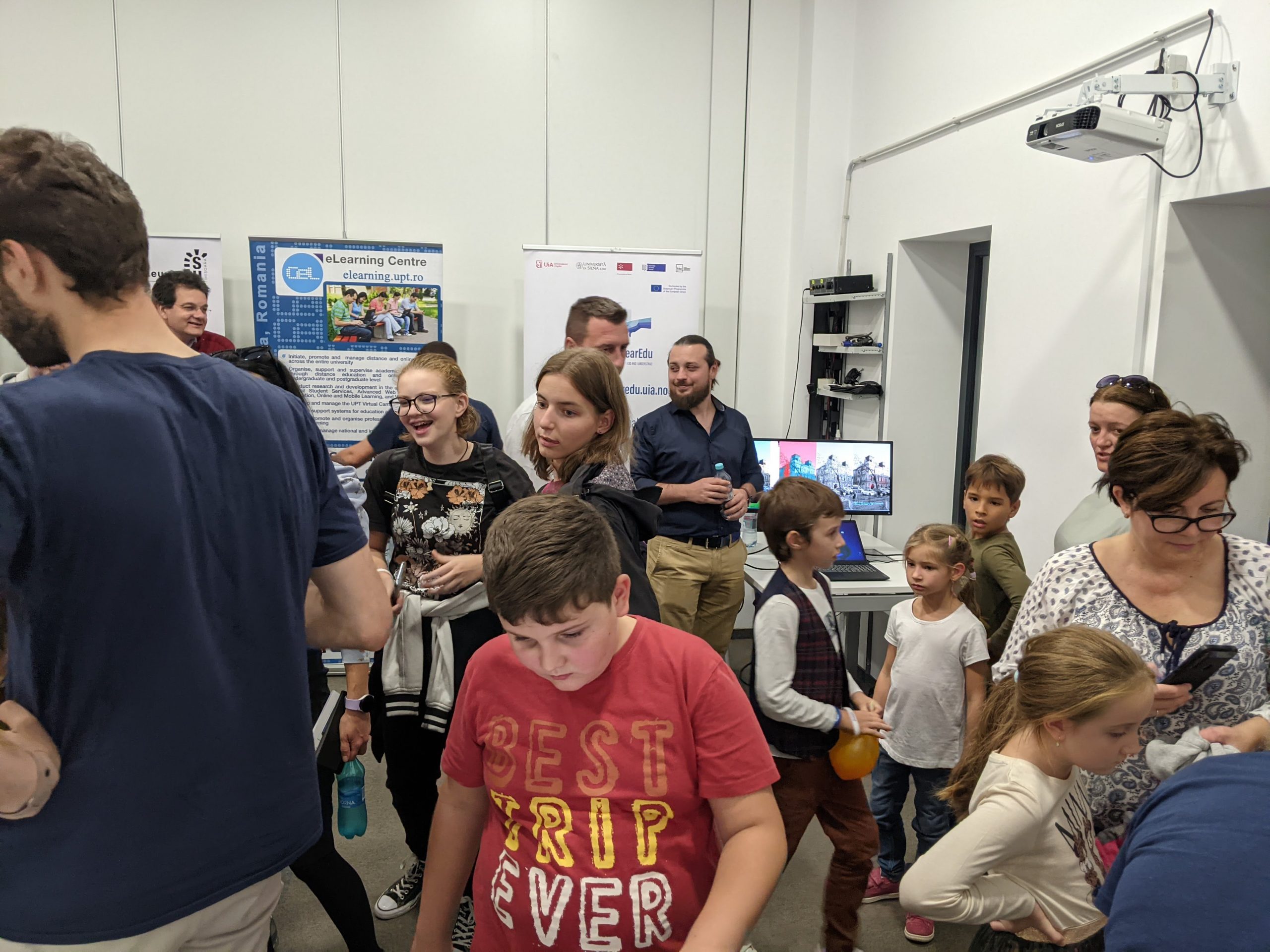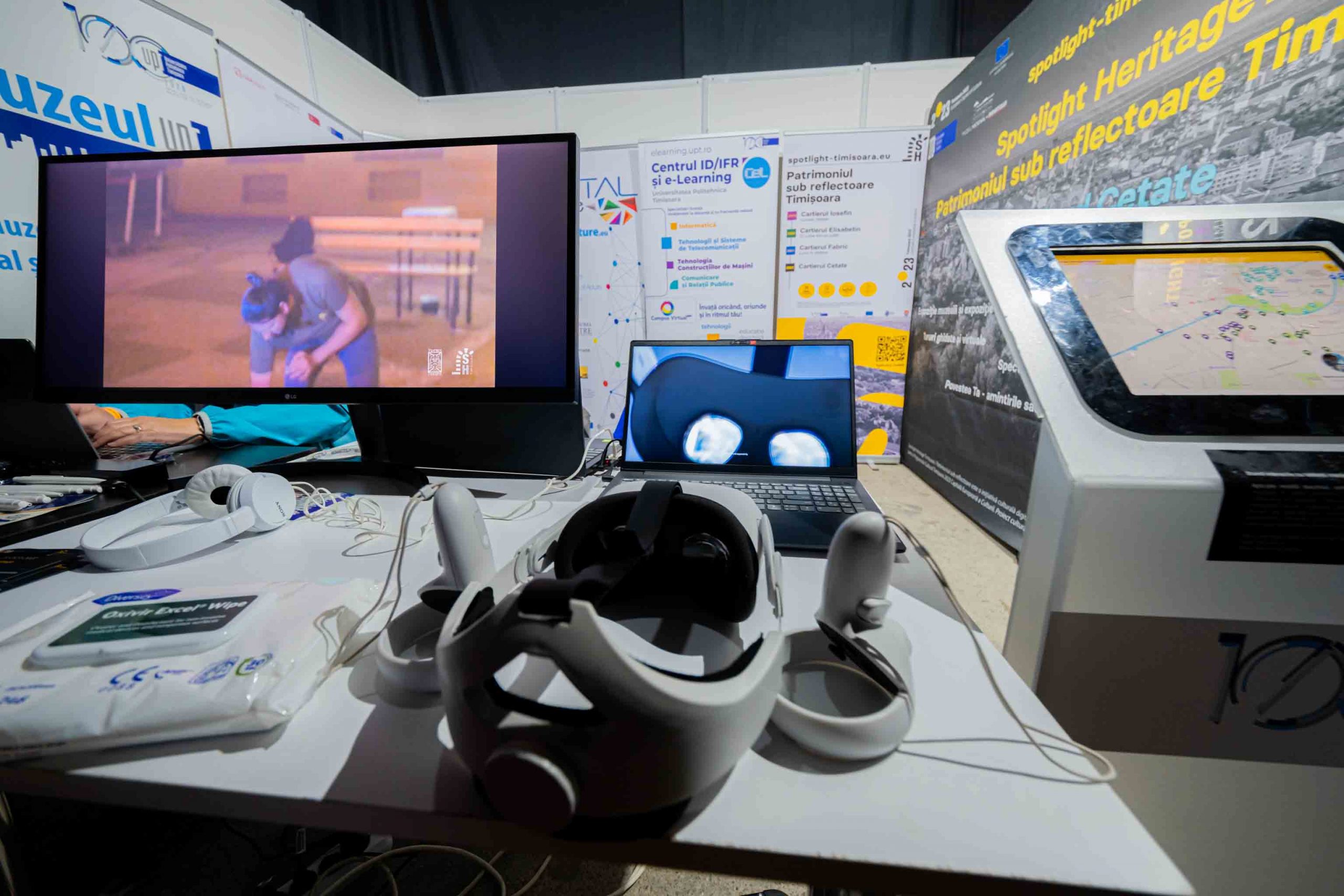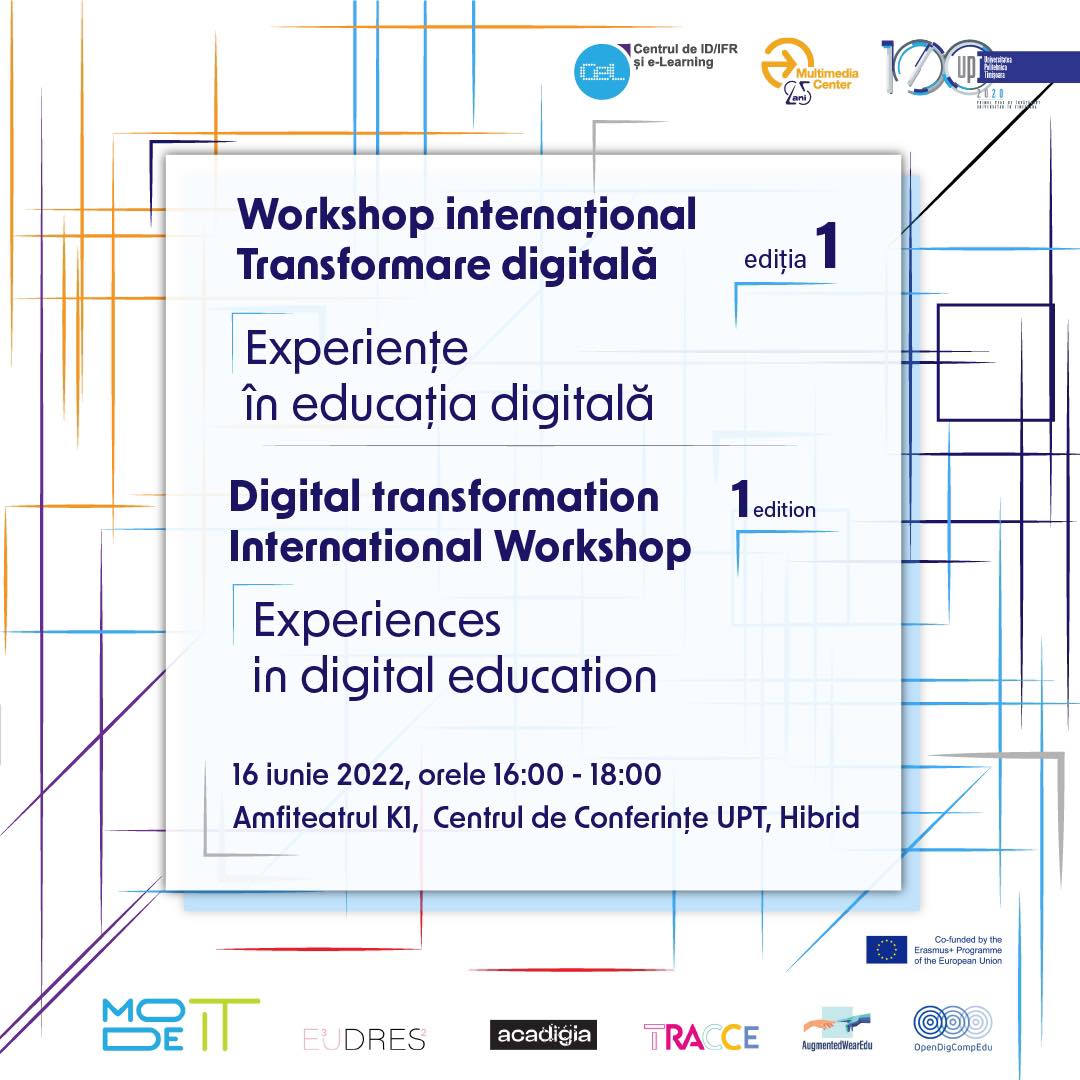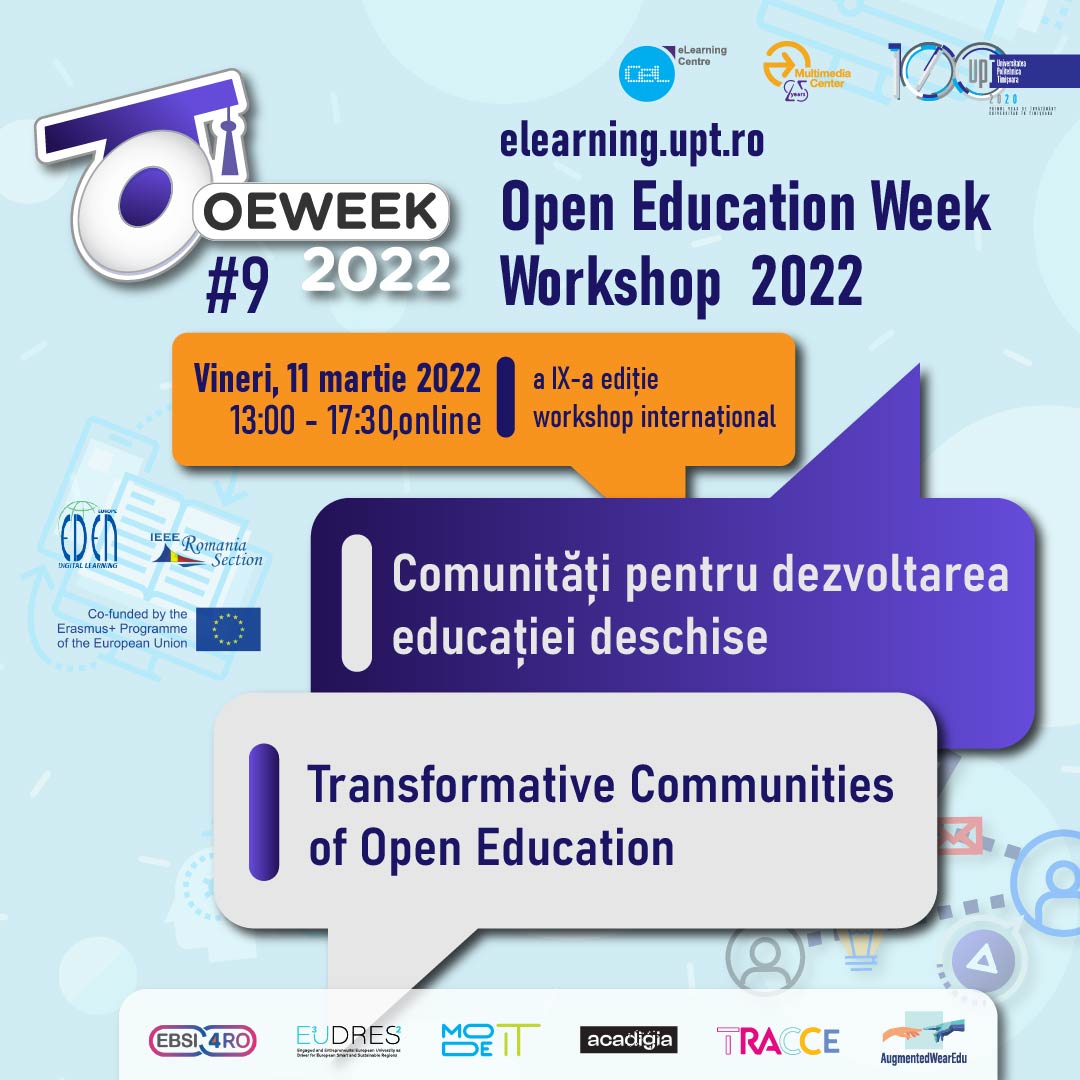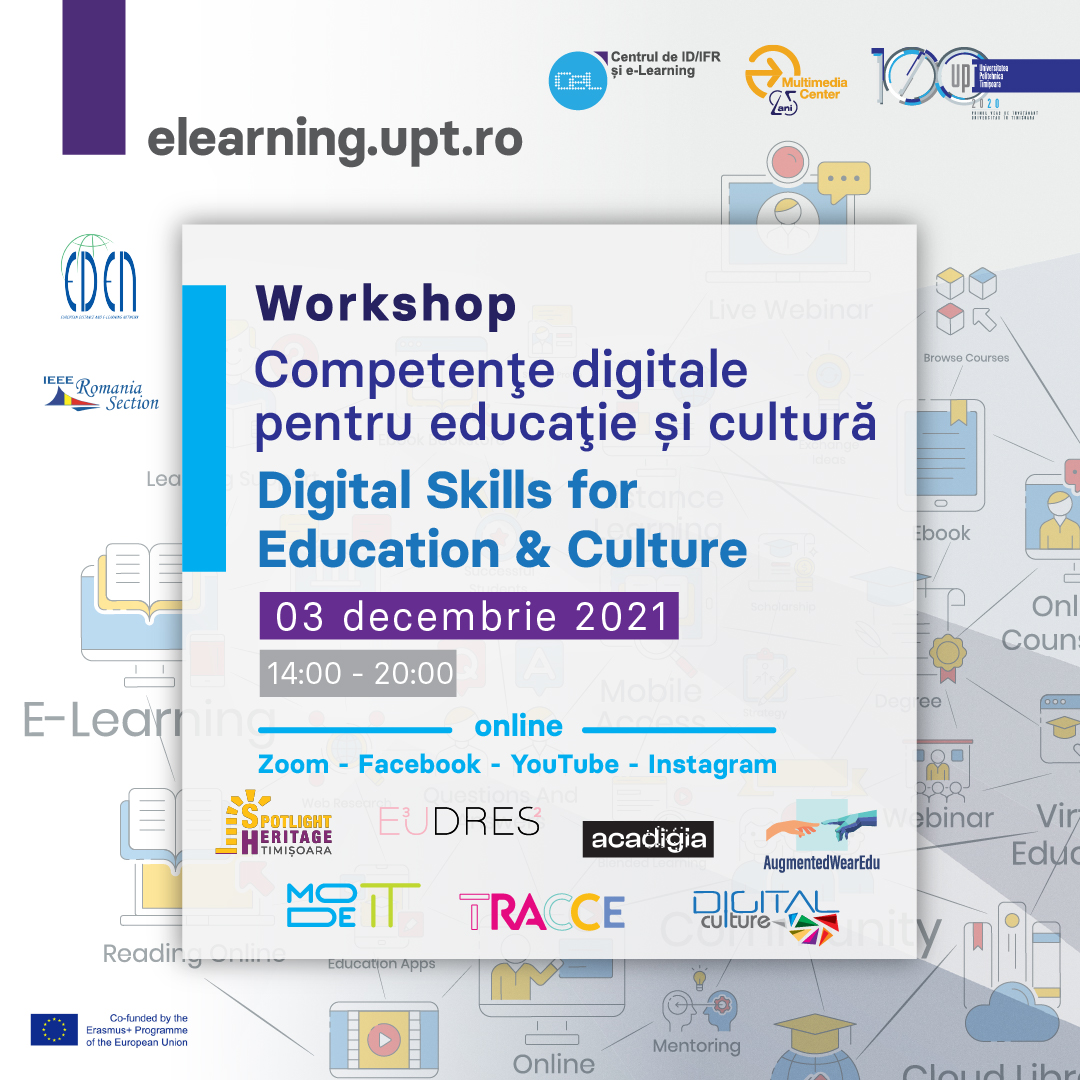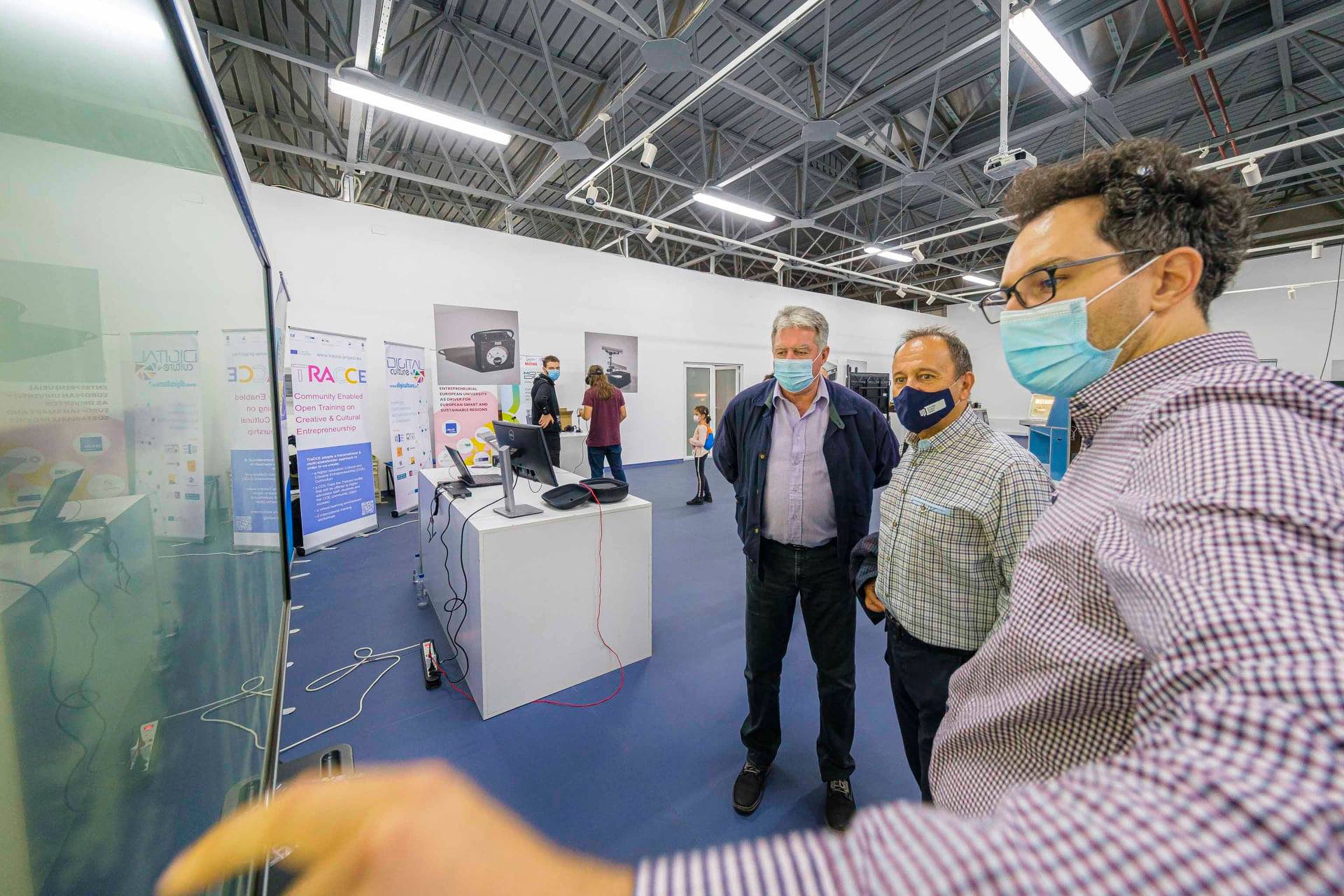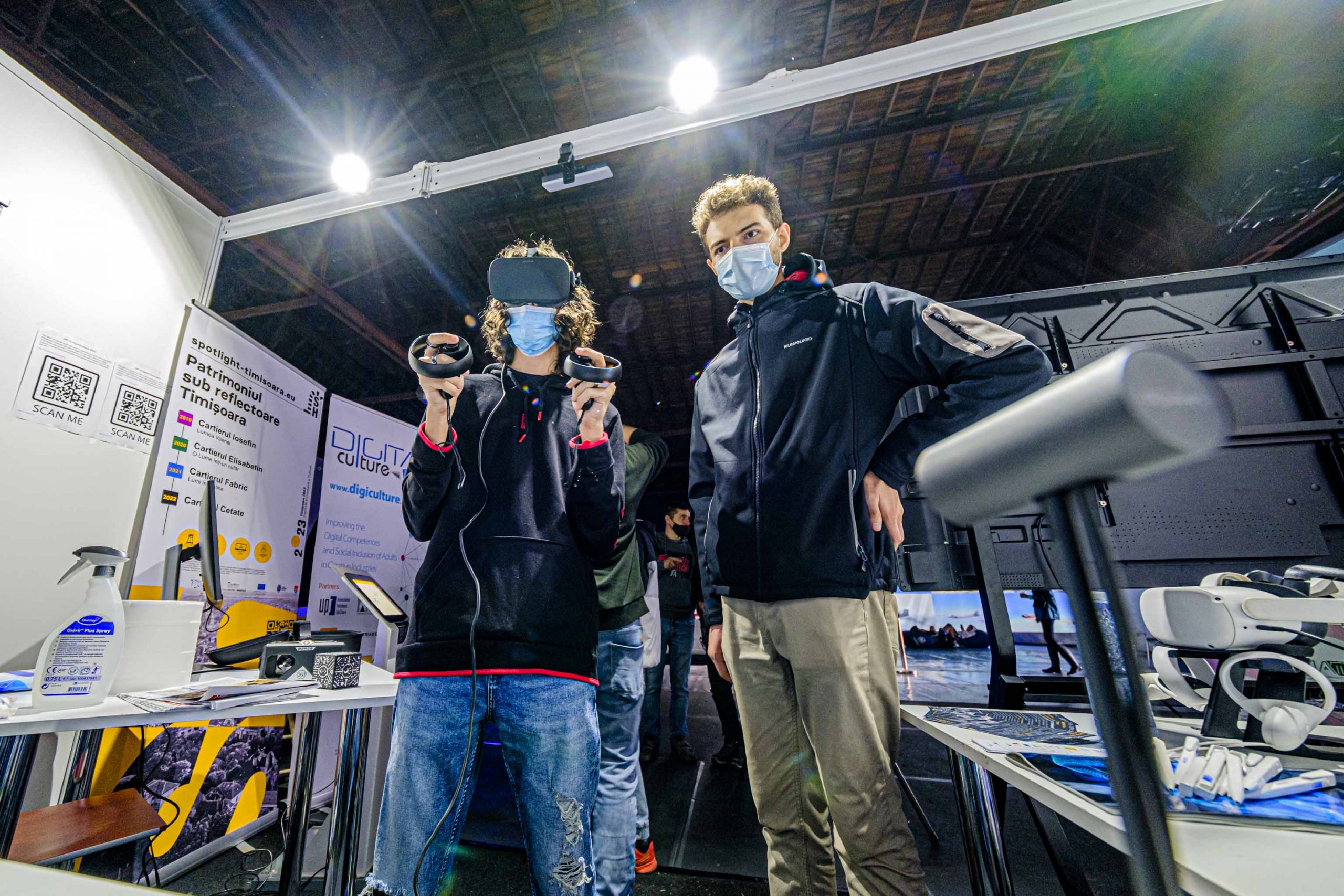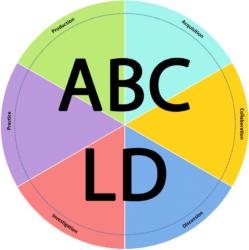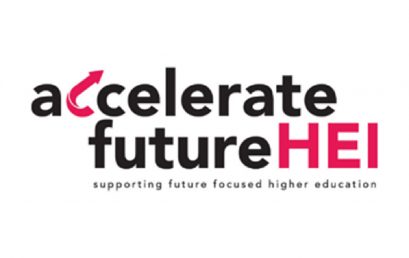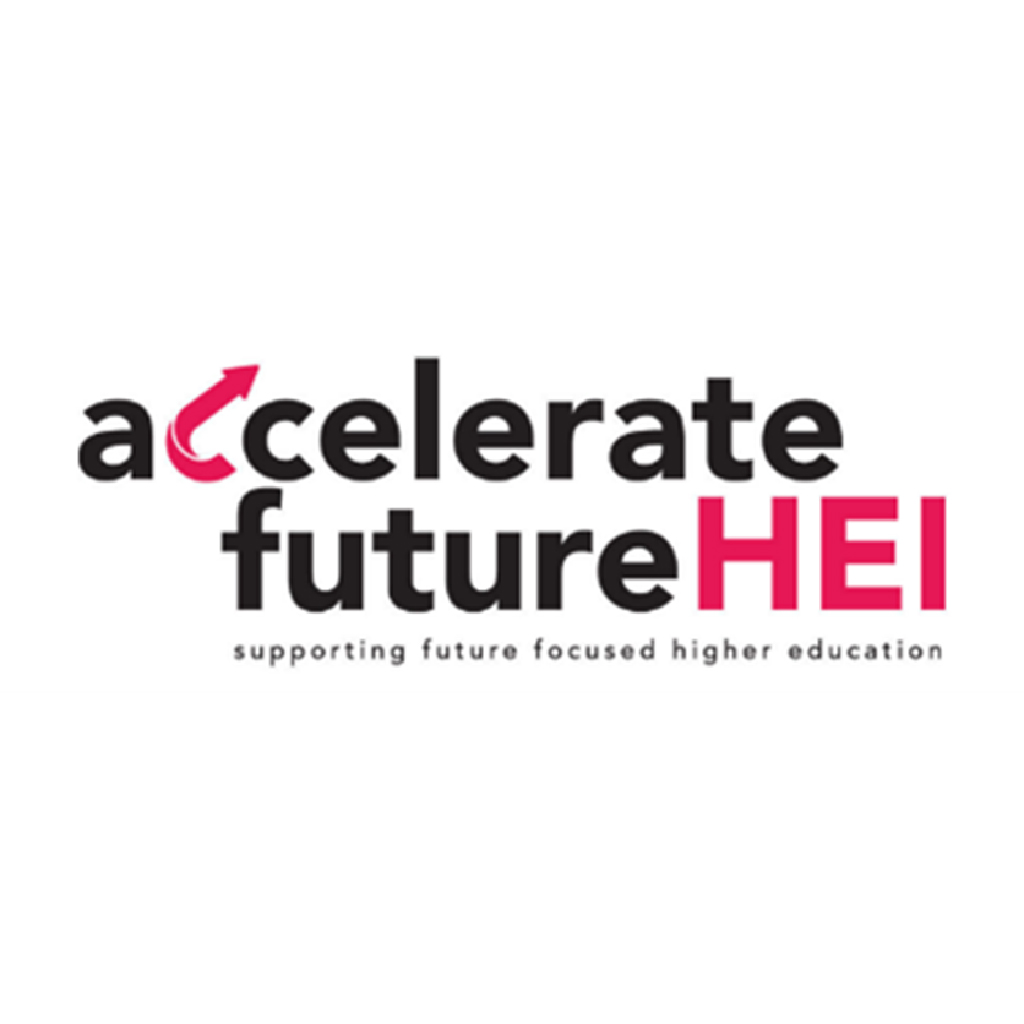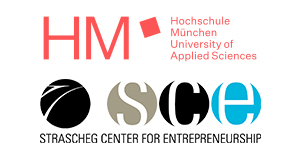

TraCCE project
Project introduction Through the TraCCE project, we want to address skills gaps and mismatches, both in formal higher education programs and in adult education, vocational education and training and informal education. This study is carried out as part of the Erasmus + TraCCE project (Training on Creative & Cultural Entrepreneurship). There is limited evidence that emphasis […]


TraCCE project
Project introduction Through the TraCCE project, we want to address skills gaps and mismatches, both in formal higher education programs and in adult education, vocational education and training and informal education. This study is carried out as part of the Erasmus + TraCCE project (Training on Creative & Cultural Entrepreneurship). There is limited evidence that emphasis […]


TraCCE project
Project introduction Through the TraCCE project, we want to address skills gaps and mismatches, both in formal higher education programs and in adult education, vocational education and training and informal education. This study is carried out as part of the Erasmus + TraCCE project (Training on Creative & Cultural Entrepreneurship). There is limited evidence that emphasis […]


TraCCE project
Project introduction Through the TraCCE project, we want to address skills gaps and mismatches, both in formal higher education programs and in adult education, vocational education and training and informal education. This study is carried out as part of the Erasmus + TraCCE project (Training on Creative & Cultural Entrepreneurship). There is limited evidence that emphasis […]


TraCCE project
Project introduction Through the TraCCE project, we want to address skills gaps and mismatches, both in formal higher education programs and in adult education, vocational education and training and informal education. This study is carried out as part of the Erasmus + TraCCE project (Training on Creative & Cultural Entrepreneurship). There is limited evidence that emphasis […]
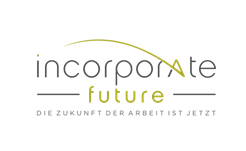

TraCCE project
Project introduction Through the TraCCE project, we want to address skills gaps and mismatches, both in formal higher education programs and in adult education, vocational education and training and informal education. This study is carried out as part of the Erasmus + TraCCE project (Training on Creative & Cultural Entrepreneurship). There is limited evidence that emphasis […]


TraCCE project
Project introduction Through the TraCCE project, we want to address skills gaps and mismatches, both in formal higher education programs and in adult education, vocational education and training and informal education. This study is carried out as part of the Erasmus + TraCCE project (Training on Creative & Cultural Entrepreneurship). There is limited evidence that emphasis […]


